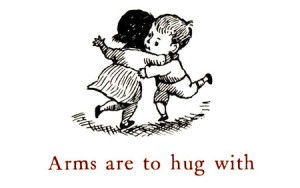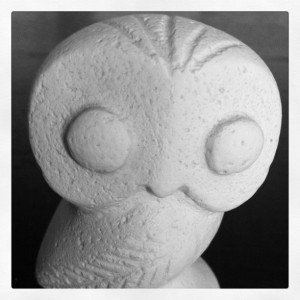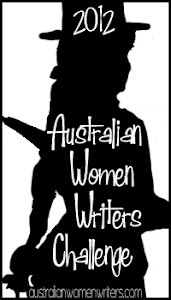World Philosophy Day #blogvember
21 Nov 2013
November 21 is World Philosophy Day 2013. This year’s theme is “Inclusive Societies, Sustainable Planet”. Organised by UNESCO on the day after the General Conference, it is an international event.
Celebrated on 21 November 2013, the 11th edition of the World Philosophy Day will be an opportunity to organize, on all continents, various events under the general theme of the 2013 World Philosophy Day “Inclusive Societies, Sustainable Planet”. They will enable their participants to share a multitude of views and experiences, fully respecting cultural diversity.
Suggested activities that could be organised by people around the world include public meetings and debates, philosophy cafés or a concert. The ideas to be discussed concepts of social justice, solidarity, exclusion and inclusion in different societies, as well as issues related to the vulnerability of various groups – including women, children, young people, people with disabilities, minorities, indigenous peoples, migrants, refugees, people living in poverty – and the interfaces between these issues and sustainable development. Ideas that could not be more pressing for the world, for Australia and for thinking people everywhere. What saddens me the most is that we are not having this debate. We are not talking about toleration. About peaceful coexistence, about compassion, about acceptance.

© UNESCO / Sandro Chia
We are talking about stopping boats, about putting children in detention and about reducing funding for services to people who need them. In few places is there room to talk about innovation and big ideas to help us solve the issues we face as a nation and as a world. Only a few conversations are being had in a noisy, angry debate, are about what can be done, rather than what we cannot do.
One of the most interesting sessions on the program for the World Philosophy Day this year, is a masterclass on teaching philosophy to children. It is to be a demonstration. It will present techniques in teaching children to reason, to argue, to work through significant issues themselves and to listen to other points of view. I wish I could go. Children are invited, I wish Benedict could go. I wish philosophy was taught in every school, to every kid, for the good of the world. In the words of the organisers of this event
The introduction of children to logical and rational thought not only develops their philosophical spontaneity but helps them become enlightened citizens, capable of formulating their own critical judgment and clear and reflective views about life from a very early age.
Enlightened citizens are who we need. They will be the ones to make sense of all the mess we are creating right now. They are the ones who will have to clean up.







Recent Comments